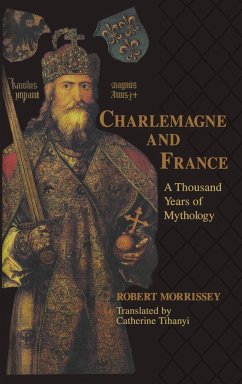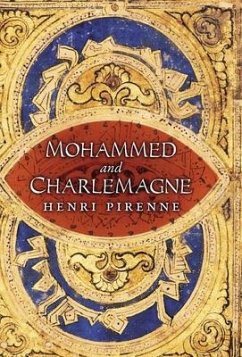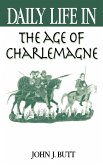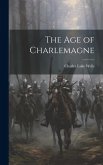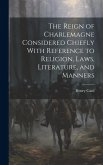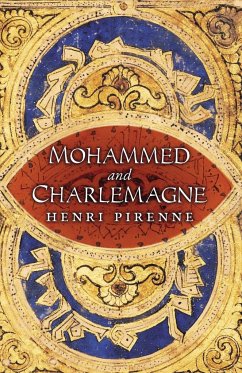Although Charlemagne held a strong position in defining France's national identity for more than ten centuries, he was swiftly rejected as a national hero from the 1870s onwards for being too German and has never really regained his rightful place in France's history. This study, now available in English, explores the reasons why Charlemagne was at the heart of French mythology for so long. Morrissey examines two major stages or `cycles' in the history of Charlemagne, the first beginning after his death in 814, lasting until the end of the 16th century, and the second involving the remythologising of Charlemagne in the Renaissance and during the Reformation. He assesses Charlemagne's symbolic importance in people's quest to find their roots and define the origins of French identity, and asks what it was about the man that embodied French ideals and aspirations for so many years.
Hinweis: Dieser Artikel kann nur an eine deutsche Lieferadresse ausgeliefert werden.
Hinweis: Dieser Artikel kann nur an eine deutsche Lieferadresse ausgeliefert werden.

